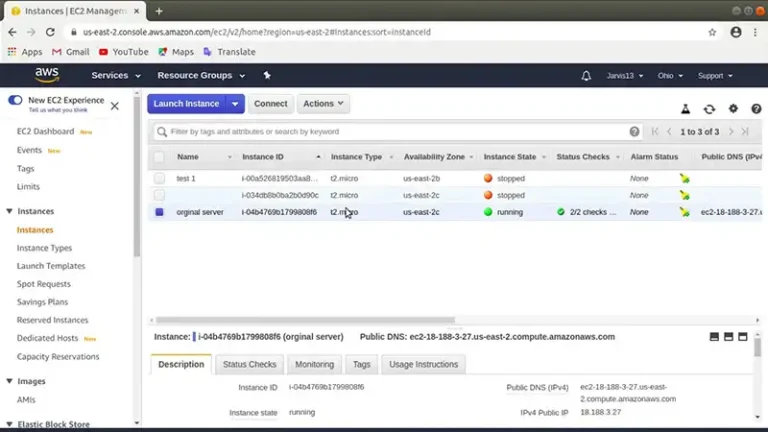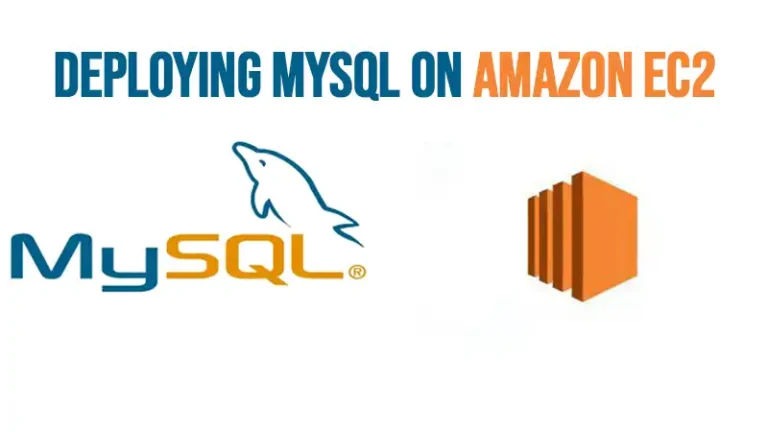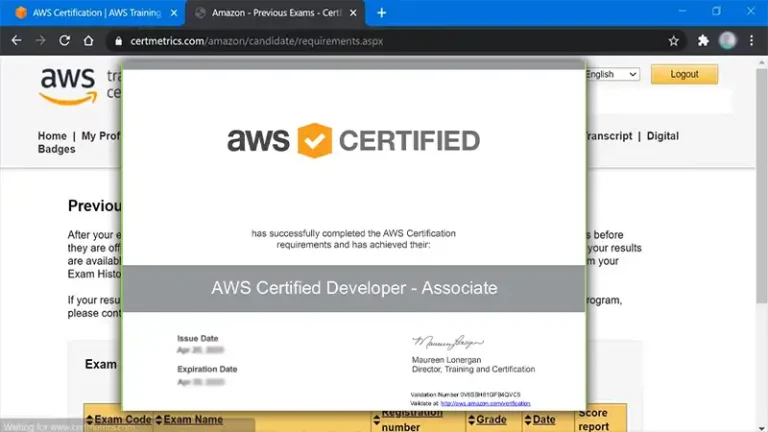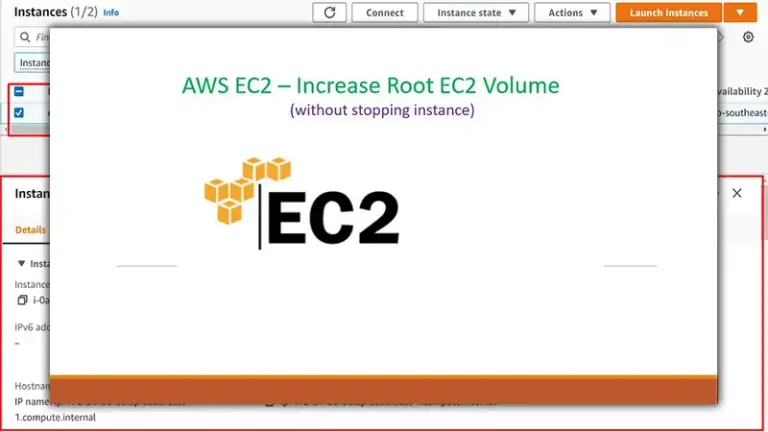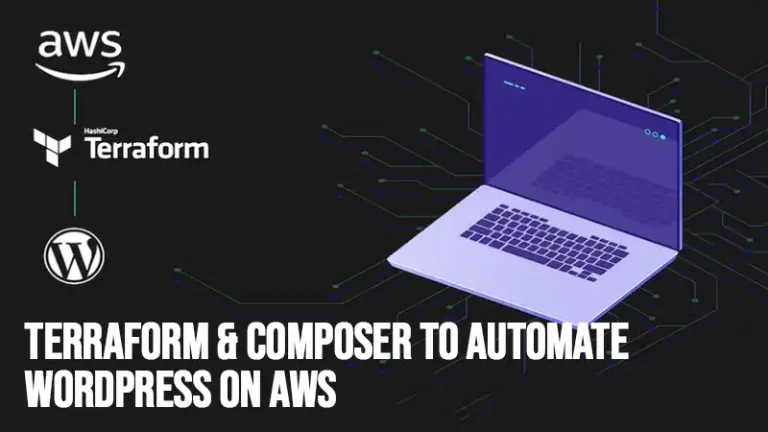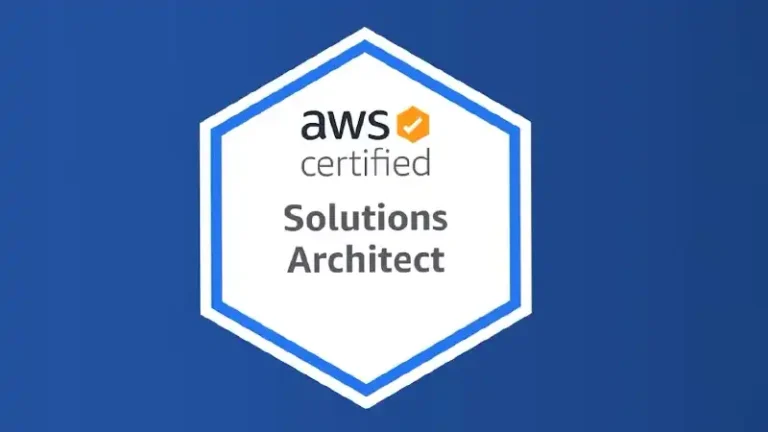AWS API Gateway vs Apigee | Which is Right for You?
In today’s digital ecosystem, businesses rely heavily on APIs to drive innovation and enable seamless connectivity between applications and services. As the demand for robust API management solutions are on the rise, platforms like AWS API Gateway and Apigee have emerged as industry leaders.
But when the question of superiority arises, it can be a tough call, given they both offer solid feature sets. In this article, we shall be taking you on a comparative journey to explore the unique strengths and capabilities of these platforms.
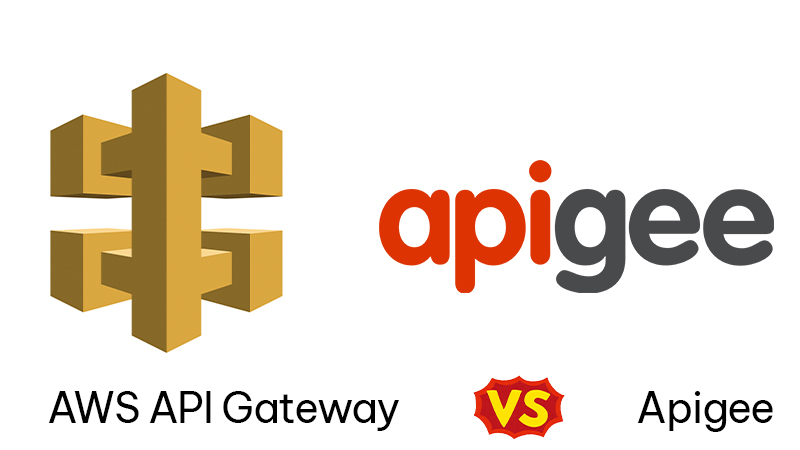
What is AWS API Gateway?
Amazon API Gateway, an integral part of the AWS ecosystem, empowers developers to effortlessly create, deploy, and manage APIs at any scale. With a focus on simplicity and scalability, it serves as a gateway for securely connecting applications to backend services.
Why use AWS API Gateway?
AWS API Gateway offers a set of lucrative features that can play the key role in the decision of whether or not to use it. Here are the features that most find useful.
| Feature | Description |
| Enhanced Security | Robust security measures including SSL/TLS encryption, OAuth 2.0, AWS IAM, and Amazon Cognito for safeguarding APIs against unauthorized access and malicious attacks. |
| Traffic Management | Advanced traffic management features such as rate limiting, caching, and request throttling to optimize performance and prevent overload. |
| Performance Monitoring | Comprehensive monitoring and insights through Amazon CloudWatch, offering real-time visibility into API performance metrics and usage patterns. |
| Version Control | Efficient versioning capabilities for managing multiple API versions, facilitating seamless updates, and feature enhancements while ensuring backward compatibility. |
Pros and Cons
While AWS API Gateway has its upsides, it is not void of drawbacks. The below section should provide a clearer picture of its merits and demerits.
Pros:
- Seamlessly handle varying loads with dynamic scaling capabilities, ensuring optimal performance during peak usage periods.
- Support for diverse protocols and integration types facilitates seamless integration with existing systems and services.
- Access to dedicated support teams ensures timely resolution of issues and expert assistance throughout the development lifecycle.
Cons:
- The complexity of managing endpoints and configurations may pose usability challenges for inexperienced users.
- Pricing based on usage may lead to unpredictability in costs, especially for high-traffic applications.
- The developer portal’s lack of advanced features and customization options may hinder the user experience and collaboration.
What is Apigee?
Apigee by Google Cloud offers a comprehensive API management solution designed to facilitate the entire API lifecycle, from design to monetization. With a focus on innovation and scalability, it provides organizations with the tools they need to succeed in today’s digital landscape.
Why Use Apigee?
Below are the key features to look at when considering Apigee as a part of your ecosystem.
| Feature | Description |
| API Monetization | Various options for monetizing digital assets, including subscription plans, usage-based pricing, and revenue-sharing models, enabling organizations to unlock new revenue streams and maximize the value of their APIs. |
| Advanced Analytics | Real-time monitoring and actionable insights through AI-powered analytics, offering deep visibility into API usage patterns, performance metrics, and user behavior to optimize API performance and enhance user experience. |
| Developer Portal | An intuitive developer portal with customizable documentation, community forums, and interactive API consoles, fostering collaboration, engagement, and innovation among developers and partners. |
| Robust Security | Multi-layered security features including OAuth 2.0 support, JWT validation, IP whitelisting, and DDoS protection, ensuring robust protection of APIs against security threats and unauthorized access. |
Pros and Cons
Again, since no system is all sunshine and rainbow, here’s a breakdown of what Apigee brings to the table.
Pros:
- A range of deployment options including cloud-based, on-premises, and hybrid deployments cater to diverse organizational needs and preferences.
- End-to-end API management capabilities encompassing API design, development, security, analytics, and monetization streamline the API lifecycle and drive innovation.
- Customizable pricing plans tailored to organization size, usage patterns, and budget constraints offer cost-effective solutions for businesses of all scales.
Cons:
- High-volume usage may lead to significant costs, necessitating careful cost management and optimization strategies.
- The platform’s extensive feature set and capabilities may require time and resources for users to fully grasp and leverage effectively.
- Advanced customization may require specialized expertise and resources, potentially limiting flexibility and agility in adapting to evolving business needs.
What Is the Difference Between Apigee and API Gateway?
When evaluating between AWS API Gateway and Apigee, consider the following factors:
Functionality: While both platforms offer essential API management features, Apigee provides a more comprehensive suite of tools for the entire API lifecycle.
Flexibility: Apigee’s deployment options and feature set offer greater flexibility, catering to diverse organizational requirements.
Ease of Use: Consider the user interface and documentation quality to ensure seamless adoption and integration.
Cost and Performance: Assess pricing models and performance benchmarks to align with budget and scalability needs.
Frequently Asked Questions
Can Apigee be used in AWS?
Yes, Apigee Extensions are accessible within the Edge UI for Google Cloud Apigee customers who have an Enterprise support plan.
Is Apigee PaaS or SaaS?
Apigee offers two types of deployment options: Software-as-a-Service (SaaS) and an On-Premises version.
Conclusion
While AWS API Gateway is better at directing traffic to various services within the AWS environment, Apigee offers comprehensive solutions for every phase of the API lifecycle. So, whether to opt for the simplicity of AWS API Gateway or go with the comprehensive abilities of Apigee depends on your requirements.

